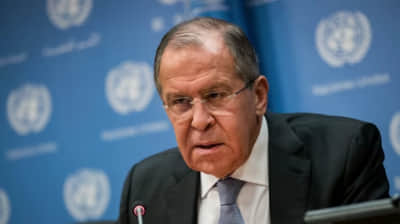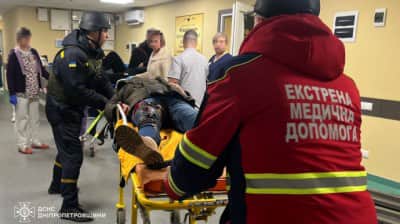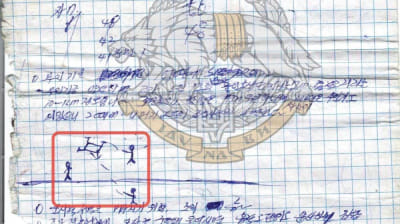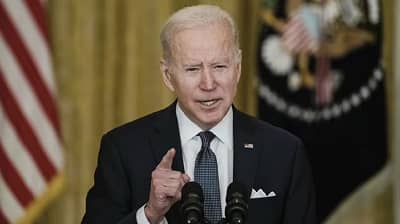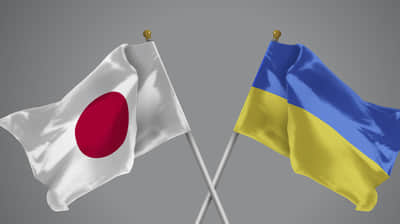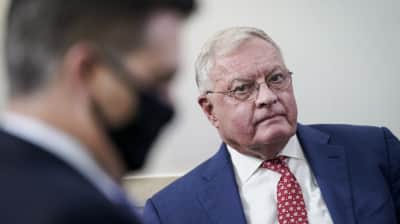Russia's economy is recovering despite sanctions, but mobilisation could negate this
Russia's economy is adapting to the impact of international sanctions and could return to pre-war levels as early as 2024, but mobilisation could hamper these plans.
Source: Bloomberg
Details: Bloomberg stated that Russia's GDP grew by 4.9% in the second quarter of this year, exceeding most forecasts.
Quote: "The stretch of annual declines since the invasion of Ukraine was the longest in more than half a decade. But with fiscal policy turning increasingly loose in support of the war effort, gross domestic product expanded 4.9% in the second quarter."
More details: GDP data show that Russia's economy has been growing for four quarters in a row after falling by more than 4% a year ago, despite forecasts of a prolonged recession in response to sanctions imposed over the invasion of Ukraine in February 2022.
It is noted that increased defence spending is boosting industrial production. And consumer demand is gaining momentum amid growing government spending on social support and wage increases.
Quote: "But the Kremlin’s drive to expand military recruitment may yet get in the way as labor shortages grow worse."
More details: In this regard, Bloomberg suggested that Russia may introduce "targeted mobilisation", i.e. selective mobilisation.
Quote: "As Russia tries to draw more volunteers into joining President Vladimir Putin’s faltering invasion of Ukraine, it risks creating a drain on the workforce that may prompt a shift toward more selective measures for drafting people whose absence won’t be felt as strongly in the labor market."
Background:
- On Friday 4 August, the euro rose above 105 roubles on the Moscow Exchange for the first time since 28 March 2022. The US dollar is trading at 95.38 roubles, also the highest since the end of March 2022.
Ukrainska Pravda is the place where you will find the most up-to-date information about everything related to the war in Ukraine. Follow us on Twitter, support us, or become our patron!
